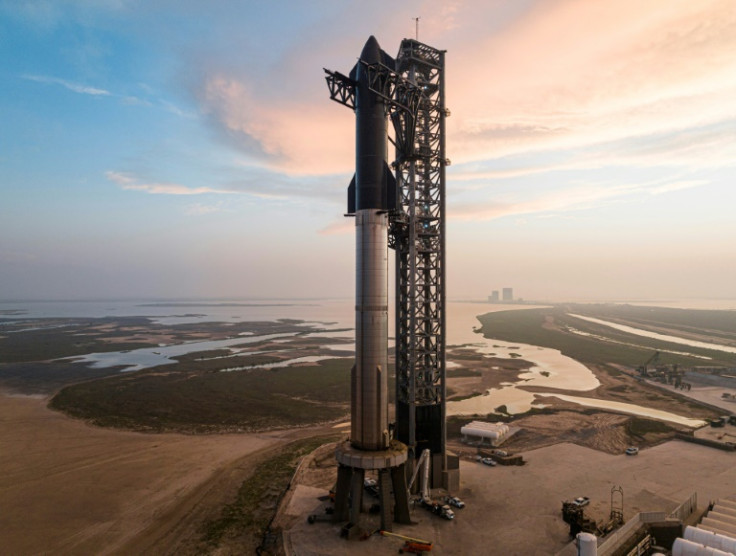UK To Boost Leadership In Space Technology That Monitors Climate Change
The UK has pledged millions to support the development of space technology that tackles global issues like weather prediction, climate-change monitoring and space debris removal.

The UK government have pledged a huge £4 million to the Enabling Technologies Programme.
The Enabling Technologies Programme provides the UK space sector with opportunities related to accelerating the development of technologies in the space sector.
The development of leading-edge technologies will be put towards bettering the work of international space organisations, as well as fighting global issues.
The UK Space Agency has contributed the overall majority, £3.2 million, to the £4 million in funding. The remaining 800,000 was made up of donations from the Science and Technology Facilities Council (STFC) – in collaboration with the UK Research and Innovation (UKRI).
The global issues that the technological development will tackle include weather prediction, climate-change monitoring and space debris removal.
The current rate of global warming left the summer of 2023 the hottest on record, and by a "large margin" – according to the EU's Copernicus Climate Change Service.
Dr Friederike Otto, a Senior Lecturer in Climate Science at the Grantham Institute for Climate Change and the Environment at Imperial College London, said: "Studies by World Weather Attribution have shown that climate change has dramatically intensified some of the most devastating weather disasters in the summer of 2023."
The warm, windy and dry weather intensified the wildfires in Canada and Europe this year, and were made "at least twice as likely because of climate change", Otto added.
The CEO of the UK Space Agency, Dr Paul Bate, noted that using space data to track weather predictions and flood monitoring are "great examples of how we can harness the power of space to protect our planet and people".
Space debris defines human objects that no longer serve a useful purpose and have been left in space – most of the time, in Earth orbit.
The Enabling Technologies Programme will see the debris removed from space through methods of propulsion, sterilisation, in-orbit servicing, imaging and more.
The Enabling Technologies Programme is made up of 23 "ground-breaking" projects that set out to boost the UK's leadership role in space technologies and applications on a global scale.
Professor Grahame Blair, the Executive Director of Programmes at the Science and Technology Facilities Council, declared: "We are living through an incredibly exciting time for the UK space industry."
"Thanks to initiatives such as the Enabling Technologies Programme, our space scientists are continually pushing the frontiers of Earth observation, satellite communications, and even manned space exploration, with untold benefits to society," Blair continued.
The £4 million pledge has been put to 23 expert facilities across the UK that each focus on a separate project.
Surrey Space Centre at the University of Surrey has been provided with £250,000 in funds to develop a piece of expert equipment that detects high-energy particles.
The high-energy particles will be put towards enhancing accurate weather predictions from space.
The University of Southampton has been given £102,000 to focus on detecting low-level substances that provide proof of life. This project will particularly assist with the exploration of "icy worlds" – including Mars and the Moon.
The University of Strathclyde has received £250 in funding towards active debris removal operations.
A project, run by the University of Glasgow, that focuses on sustainability and building spacecraft that uses its own body as fuel, has been provided with the largest sum of funding – £290,000.
Durham University has received £159,000 to measure the solar magnetic field over several hundred kilometres depth within the second layer of the Sun's atmosphere.
In regard to supporting rover and sample return missions, which see atoms and molecules or complex compounds like metal and rocks delivered to and from space, the University of Leicester has been given £183,000.
© Copyright IBTimes 2025. All rights reserved.






















